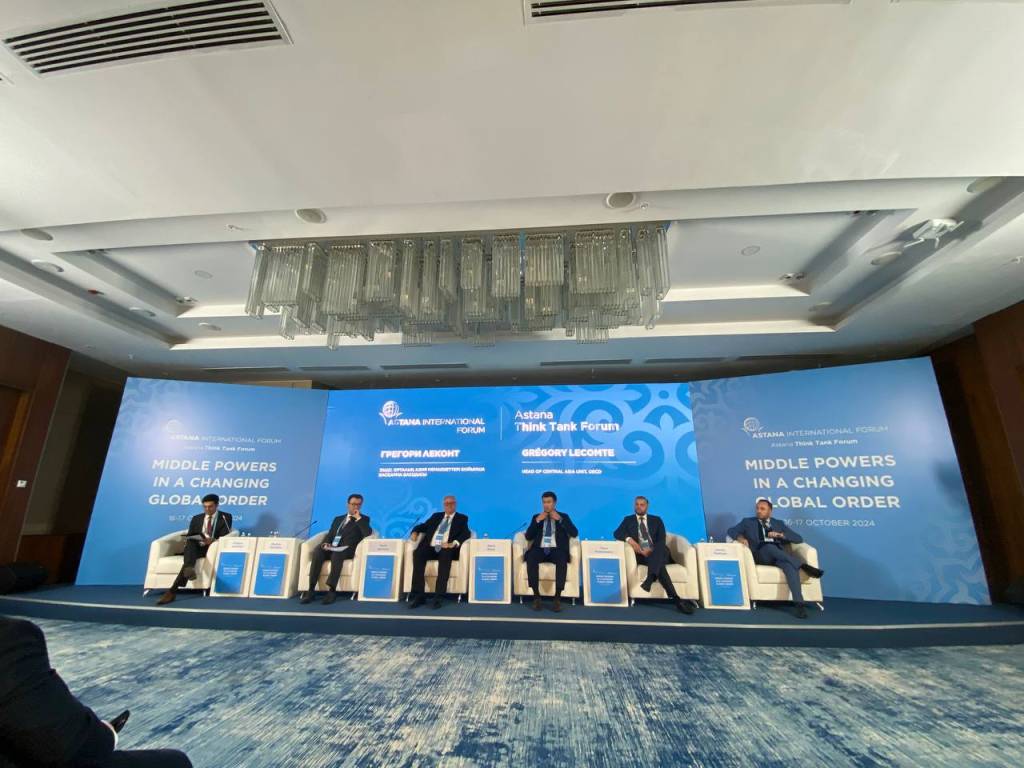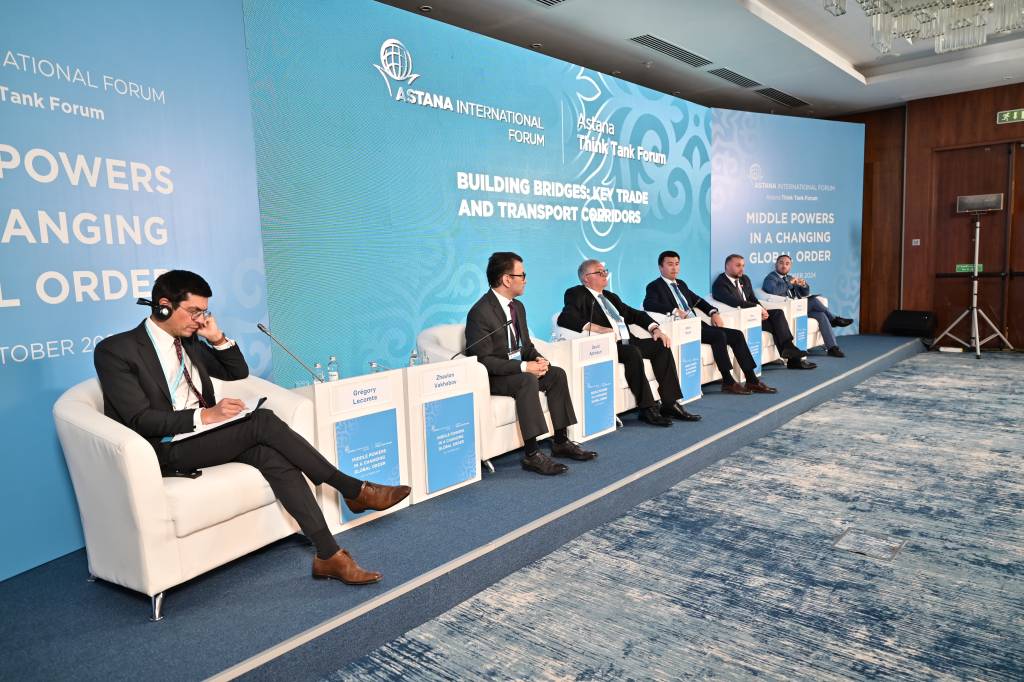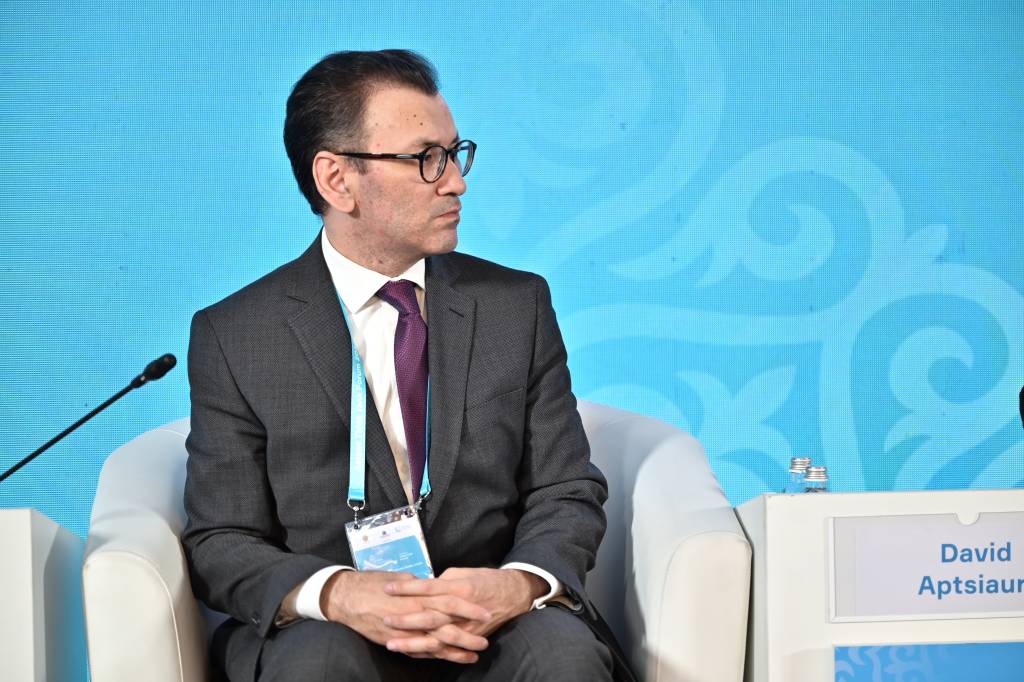
Kazakhstan hosted the Astana Think Tank Forum. The event was organized by the Kazakhstan Institute for Strategic Studies under the President of the Republic of Kazakhstan. It was attended by experts from 22 countries, including heads of leading analytical centers, researchers, and diplomats.
The forum was devoted to “Middle Powers in a Changing Global Order: Strengthening Security, Stability and Sustainable Development”. The two-day program covered geopolitical processes in the world and regional security, economy, energy, transport, and communications.
President Kassym-Jomart Tokayev addressed the plenary session. In his speech, he emphasized that Kazakhstan is fully committed to regional policy and close cooperation with all its closest neighbors:

– Central Asia is becoming more visible on the world map, and the current situation is significantly different from 10 years ago. Currently, we are actively cooperating, and multifaceted ties are expanding on a variety of issues. We regularly hold meetings of heads of state. I think these meetings are also beneficial.
Addressing the session “Building Bridges: Key Trade and Transport Corridors”, Director of the International Institute for Central Asia Javlon Vakhabov noted that the creation of a network of interconnected trade and transport corridors is an essential strategic task, a guarantor of successful socio-economic transformation and realization of the region’s geo-economic potential.
– Central Asia occupies a unique geographical position. The transport corridors we are discussing today can transform the region’s countries from “land-locked” to “land-linked” – into a significant transport-logistics hub of transcontinental importance, connecting East and West, South and North, – the IICA Director stressed.
It was noted that many barriers in the transport system do not allow for the effective development of trade-economic ties and industrial cooperation between the two countries, hindering the attraction of foreign investment and the inclusion of the region in global value chains.

In this regard, the IICA Director believes that developing a unified Strategy for regional transport corridors can become an essential step in realizing the transport-communication potential. In his opinion, to participate jointly in global value chains, it is necessary to jointly develop projects to introduce digital technologies and modern corporate practices in the transport logistics sector, modernize the customs control and monitoring system, improve airport infrastructure, and create regional logistics centers.
In addition, as Mr. Vakhabov noted in his speech, it is necessary to systematically approach the issues of forming and implementing a coordinated tariff policy, applying benefits and preferences to support national carriers, modernizing the transport network and infrastructure, and increasing the capacity of border crossings.
G.Khonnazarov, UzA








